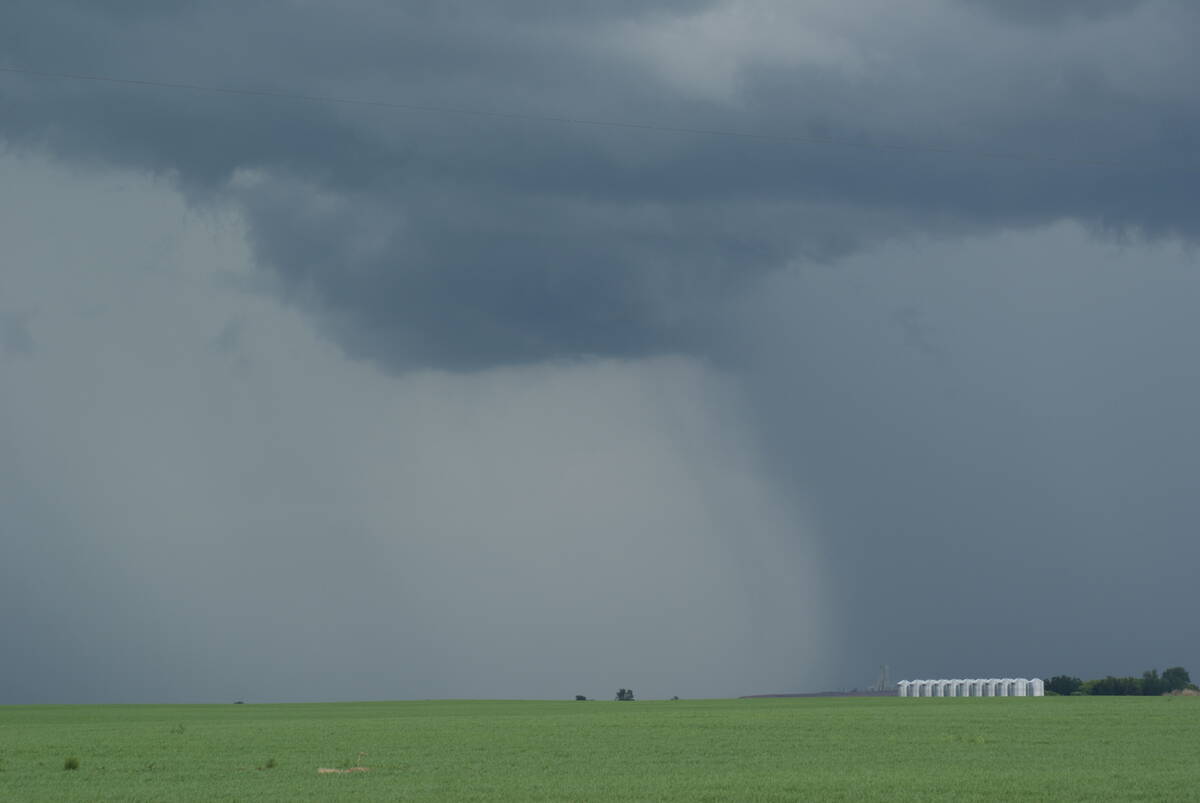John De Pape is a business and agricultural analyst who writes The CWB Monitor, a blog critical of the Canadian Wheat Board.
Single desk supporters are arguing against the government’s plan to end the Canadian Wheat Board’s monopoly by pushing for a plebiscite or insisting the CWB board of directors has the mandate to decide the CWB’s future.
Their message is clear: Ottawa should butt out because farmers should decide for themselves.
The definition of mandate is “support from electorate: the authority bestowed on a government by an electoral victory, effectively authorizing it to carry out the policies for which it campaigned.”
Read Also

Canadian farmers need new tools to support on-farm innovation
Farmers need a risk management buffer that actually works and investment that drives advancements forward if Canada is to build resilience.
The Conservatives won a majority on a platform of marketing freedom; everyone understood that meant the end of the single desk.
In fact, the Conservatives won every rural riding within the CWB designated area, with a popular vote of 67 percent. Anyway you look at it, they do have the mandate.
Single desk supporters argue that CWB election results should trump anything the government might want or need to do.
CWB directors are elected or appointed to share governance with the government and oversee the management of the CWB. However, CWB directors do not have the power to remove or add commodities to the single desk.
Regardless of who the directors are or what their personal conviction is on the single desk, there are two irrefutable facts:
• under the current CWB Act, CWB directors do not have the power to remove commodities from the CWB single desk. Through a plebiscite, farmers do. The federal government cannot remove commodities except after holding a farmer plebiscite or changing the act.
• the federal government has the power to make changes to the CWB Act, which would include rescinding it altogether if that is what it figures is necessary. There is nothing that says there has to be a farmer plebiscite first.
The board of directors can no more protect the single desk than it can stop the rain. Electing directors is not a replacement for a plebiscite, nor does it supersede the authority and mandate of a majority federal government.
Here are some things to think about when talking about a farmer vote:
• the single desk was bestowed upon the CWB in 1943 by Parliament. Farmers did not get to vote on it;
• the Crow Benefit was retired in 1995. Farmers were the group most affected by this, yet they did not get to vote on it;
• the same Liberal government amended the CWB Act in 1998. Although farmers were the ones most affected, they did not get to vote;
• just weeks after the latest CWB election, the CWB board approved the use of farmers’ money to buy two lakers. And, you guessed it, farmers did not get to vote on it.
Single desk supporters agreed with the directors’ laker purchase, saying, “that’s why we elected them, to use their judgment and make sound decisions on behalf of farmers.”
They contradict themselves when they don’t take the same position on the federal government and its platform that specifically included marketing freedom.
The only reason we’re even talking about voting on the single desk is because the CWB Act gives farmers the right to vote on changes to what commodities are covered by the single desk.
Single desk supporters have twisted this to argue that this includes anything about the CWB. That would mean the CWB directors have more power within the act than the government.
The CWB Act cannot transfer absolute power to farmers and directors to be used to stop the government from making appropriate changes to the act. The government cannot be hamstrung by the wording of the act. Even deputy Liberal leader Ralph Goodale knows that.














